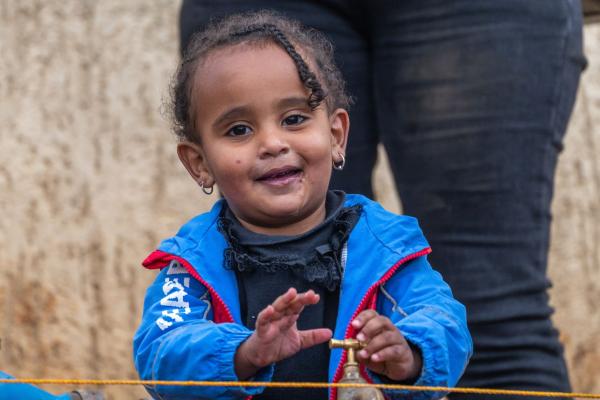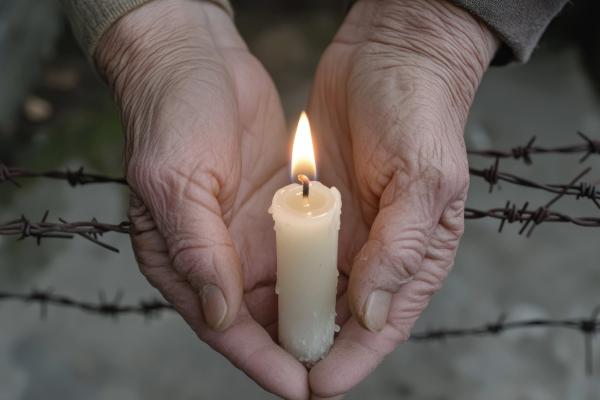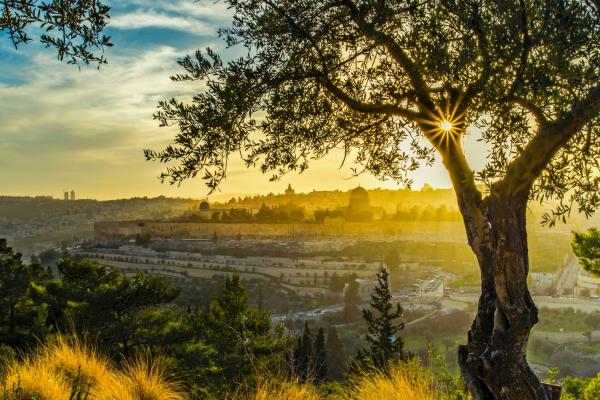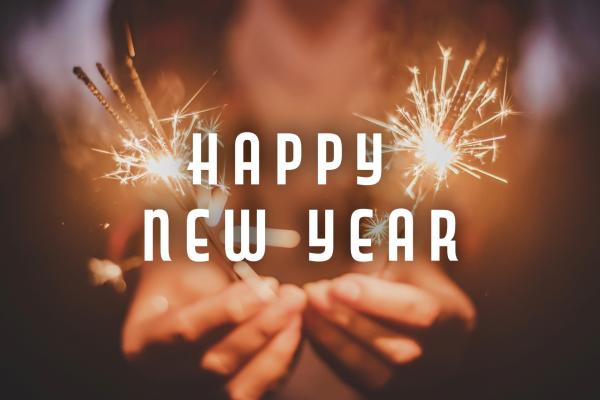They have ancient traditions handed down orally from generation to generation, honoring the Patriarchs Abram, Moriah (a reference to Isaac and Mount Moriah, where Abram was called to sacrifice his son), and Jacob. To this day, they conduct a sacrificial ceremony on an altar reminiscent of the ancient Temple altar. Their priest uses the Hebrew name of God as it appears in the Bible, and also speaks of Mount Sinai, Mount Moriah, and Mount Zion. When discovered by Christian missionaries, they were performing biblical circumcision using a stone, and observing other Old Testament ordinances such as those regarding skin disease. This is the Bnei Menashe, the Sons of Manasseh, who tradition believes to be one of the Ten “Lost Tribes of Israel”, exiled by the Assyrians when they captured the northern Kingdom of Israel in the eighth century B.C. They live today in the highlands of far northeastern India, bordering modern-day Myanmar (formerly Burma). The Bnei Menashe trace their journey from northern Israel to Assyria— modern-day Iraq—to Afghanistan, and through the Himalayas to Mongolia. They came to the two states in India in which they currently reside, Mizoram and Manipur, 500 to 600 years ago after fleeing to southern China, where they were persecuted for their faith and forced to hide in caves. They were called the Shinlung, which means “cave covering.” When the Chinese found them, they seized their “holy parchment,” thought to be a Torah scroll. Approximately 600 years ago, believing they were the only Israelites left, they made their way to their current home, where the highlands of far eastern India meet Myanmar. Far from finding peace, this area was a war zone of civil strife. Yet, on one thing the warring tribes agreed: the Bnei Menashe do not belong with either clan—they are different. Why? The Menashe do not fit into the cultures of any of the indigenous peoples of the region. They instead identify with Israel, and have a strong desire to “return home.” There are approximately 10,000 actively Jewish Bnei Menashe living in 13 different towns, who practice the Feasts of Israel, identify themselves with the Star of David, and the biblical Tribe of Manasseh. After the loss of their parchment, the Menashe held out hope that one day a white man would come to return their holy books. So when Reverend Pettigrew, a zealous Baptist, arrived in India in 1813 with Christian Bibles, the Bnei Menashe believed the prophecy had been fulfilled. Recognizing many Old Testament stories, within a decade, the whole community became Christians. When told that they must abandon their “Jewish” traditions, however, unrest set in. Soon, isolated families began to return to their identity as Israelites. In the 1970s, a group of educated middle-class Bnei Menashe made a formal decision to return to Judaism. They built synagogues, took on Sabbath observance and other biblical observances. One member recounts: “I remember my father weeping because he had found his way back to the true faith.” The way back wasn’t easy, but an Israeli organization has been helping with education and preparation for aliyah (immigration to Israel). Several hundred have made aliyah and are helping the effort to bring more of their tribe “home.” As a Jewish organization that believes in Yeshua (Jesus) as the Messiah, we have the opportunity to share a message of faith that does not obliterate the Bnei Menashe’s ancient ties that they hold precious. One does not stop being Jewish or have to abandon biblical observances to become a Believer in the Messiah of Israel. God has opened the door for Jewish Voice to minister to this fascinating people group since 2008, when our humanitarian and medical outreach team responded to desperate requests for assistance in light of a devastating famine threatening the community in Mizoram caused by an explosion of the rat population. Since that time, we have made several journeys to this remote region, sharing much-needed medical and humanitarian care, and most importantly the Good News of Yeshua. One of the Bnei Menashe songs which has been handed down throughout their generations commemorates the Exodus from Egypt: We must keep the Passover festival Because we crossed the Red Sea on the dry land At night we crossed with a fire And by day with a cloud Enemies pursued us with chariots And the sea swallowed them up And used them as food for the fish And when we were thirsty We received water from the rock As Jewish Voice ministers the love of God through medical and humanitarian outreach, we bring living water from the Rock, that is the Messiah upon which eternal salvation springs forth, for the Jew first and also for the Nations!
Originally published in the July/August 2010 edition of Jewish Voice Today.









